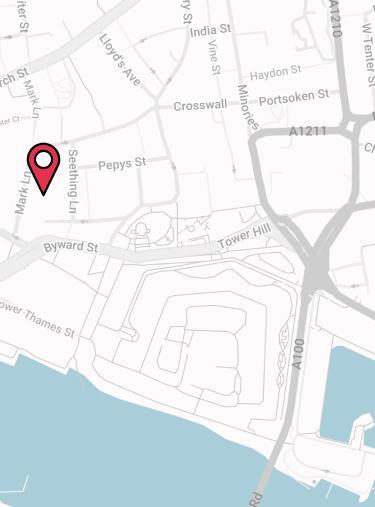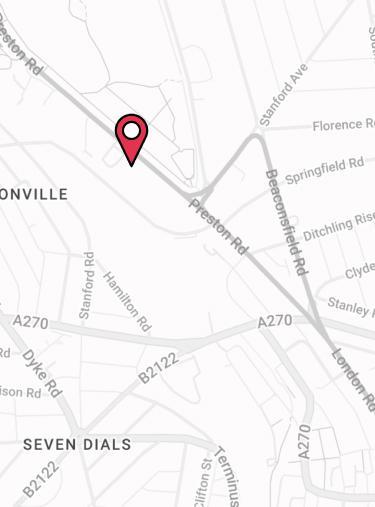
What a 1-Minute Typing Speed Test Says About Potential Hires
Over the past 5 years we’ve asked every candidate to complete a 1 minute typing speed test when they came for an interview. Why? The logic was that in a job role that requires a lot of email communication and report writing, those who could type faster would be more productive.
This logic feels sound. All other factors being equal, if someone can type faster then, by definition, they should be able to complete activities that involve written communication more quickly.
We still believe this to be true but, anecdotally, what we’re actually finding is more significant. For us the results of a basic typing speed test seem to be a proxy for someone’s all-round IT literacy and their ability and willingness to learn a skill. Given that most of our day is spent working with computers, it also makes sense to assume that an employee with a higher level of computer literacy will be more productive.
The Typing Test We Use
There are many free to use typing speed tests available online but the one we use is from 10FastFingers. It’s a very simple test which measures how many words you can write in a minute.

Many of these platforms also have free online touch-typing courses that are well worth doing. I did one myself and it made a huge difference. I rarely need to look down at my keyboard now!
Breakdown of Test Scores
Over the years we’ve recorded all candidate test scores and here’s a breakdown of the results based on 82 candidates.
By the way, to get into the 10FastFingers top 20, you’d need to be typing over 150 words per minute! I fall into the middle column, just, so I’ve still got a way to go!
Is There a Statistical Link Between Test Scores and Productivity?
We recently reviewed our entire recruitment process from top to bottom and as part of that process we asked ourselves whether we felt this typing speed test really had any ecological validity, i.e. did we really feel that those with higher test scores where more productive?
When looking at the data, the first thing that stood out was that our highest revenue producing adviser also had the highest typing test score at 90 words per minute. Given the distribution of test scores above, 90 words per minute is exceptional.
There were also some former advisers in the <30 bracket that we had to part ways with due to productivity related issues (which is never easy). On the face of it, there did seem to be an indicative link. However, there were also some clear anomalies where advisers with test scores in the 40-50 bracket had outperformed some others in 60+ bracket.
We did run a correlation test across our entire adviser base, which did show a small positive correlation, but as the sample size was less than 30 it’s not statistically valid to make inferences on this.
As the data set builds, we’ll run this analysis again but for the time being we’ve kept the typing test as part of our recruitment process as we feel, at the very least, being able to type faster has to increase productively in our business environment.
How We Interpret the Scores
It’s vital not to look at any one test score in isolation. Different people have different skills. After all, what someone writes is more important than how fast they typed it.
We’d never decide to hire one candidate just because they have a higher typing speed than another candidate. However, we do get nervous about hiring candidates with a test score below 30. A score below 20 would send alarm bells ringing.
Over the years we’ve learnt the hard way that if someone has a very low typing speed score there’s a good chance they have IT (and sometimes even English) literacy issues. Hiring people is an expensive business and hiring mistakes are even more expensive.
Therefore, we mainly use this test to reduce the risk of making a hiring mistake if the candidate’s score is on the very low side. Naturally though, if a candidate comes along with a typing speed of over 60 wpm that will reflect well on them, but they would also need to have the other skills we’re looking for. The test isn’t the be-all and end-all by any means, but it does serve as a useful risk management tool when recruiting.
- Topics
- Business Owner
Contact Us
125-135 Preston Road
Brighton
BN1 6AF
Cookies
Drewberry™ uses cookies to offer you the best experience online. By continuing to use our website you agree to the use of cookies including for ad personalization.
If you would like to know more about cookies and how to manage them please view our privacy & cookie policy.








